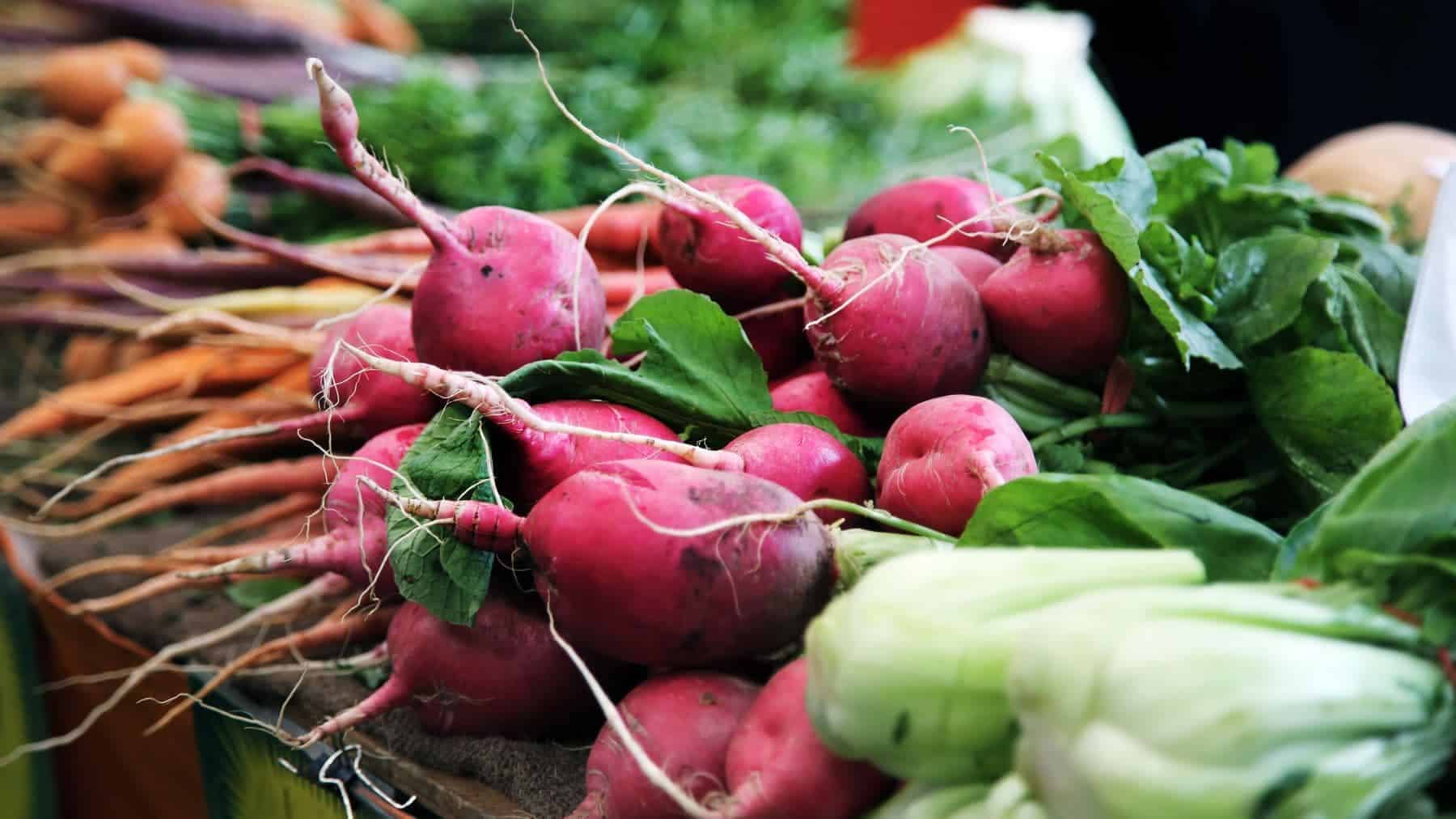Farm Co-ops
Financial, tax, and audit services for cooperatives

Our industry knowledge comes from professionals who have worked in agribusiness before joining our firm.
Specializing in co-op financial services, including agriculture accounting and auditing, requires specific insight into accounting standards and tax methods unique to the agricultural industry.
Audited financial statements are an important tool offered as part of our farm co-op financial services. We believe in transparent communication with management and the board of directors, and take great pride to ensure the information in those statements is presented fairly in all material respects.
Our standard audit procedures include a financial ratio analysis to chart a cooperative’s financial progress. It also includes insights, such as key ratios and why they have changed from prior years to help you better manage the liquidity, cash flow, and growth of your farm co-op.
Our firm works diligently with farm co-operatives, identifying best practices to protect your financial assets.
The best approach to tax planning is to understand your organization’s immediate and long-term goals through regular interactions. We strive to develop a relationship of communication that allows for proactive identification and solutions for tax hurdles and opportunities.
We make every effort to help our clients plan for maximum tax advantages. Proper planning requires special knowledge of the tax issues and opportunities facing your company. Experience is not the only factor in achieving excellence; it also takes creativity, ability, training, caring, and discipline.
We are members of the National Society of Accountants for Cooperatives (NSAC), the Agricultural Cooperative Council of Oregon (ACCO), and other tax organizations that keep our staff current on new developments in federal and state tax laws for cooperatives and all other corporate, LLC, and individual business entities.
We have a deep knowledge of the Internal Revenue Code and an understanding of the specific tax code sections impacting co-ops and their members. We have tax staff that focus on the issues specific to agribusinesses and cooperatives. We understand Subchapter T (Sections 1381-1388) of the Internal Revenue Code, which provides guidance for the taxation of cooperatives and the patronage dividends issued to their members. We have worked with co-ops, issuing both qualified and non-qualified patronage allocations, and understand the tax implications and opportunities of each type of allocation.
In addition, we have experience navigating the complicated rules of IRC 1382, various revenue rulings, and tax court case law to best use the allocation of patronage income, which could help maximize use of net operating losses.
IRC 199 (Domestic Production Activities Deduction)
We have experience working with cooperatives and the Internal Revenue Service regarding DPAD and the unique application of the complicated DPAD rules to cooperatives. The calculation of DPAD for agricultural co-ops is unlike any other industry and requires a firm with the experience and knowledge of this complex section of the tax code to maximize the tax savings for not only the cooperative but also its members.
IRC 991-994 (Interest Charge-Domestic International Sales Corporation)
IC-DISCs can be a powerful tax planning tool for cooperatives and/or their members who produce, grow, assemble, or create products in the US that are ultimately exported. An IC-DISC can create a permanent tax saving by converting income that would otherwise be taxed at ordinary rates (top rate of 39.6%) to a qualified dividend, taxed at a top rate of 23.8%.